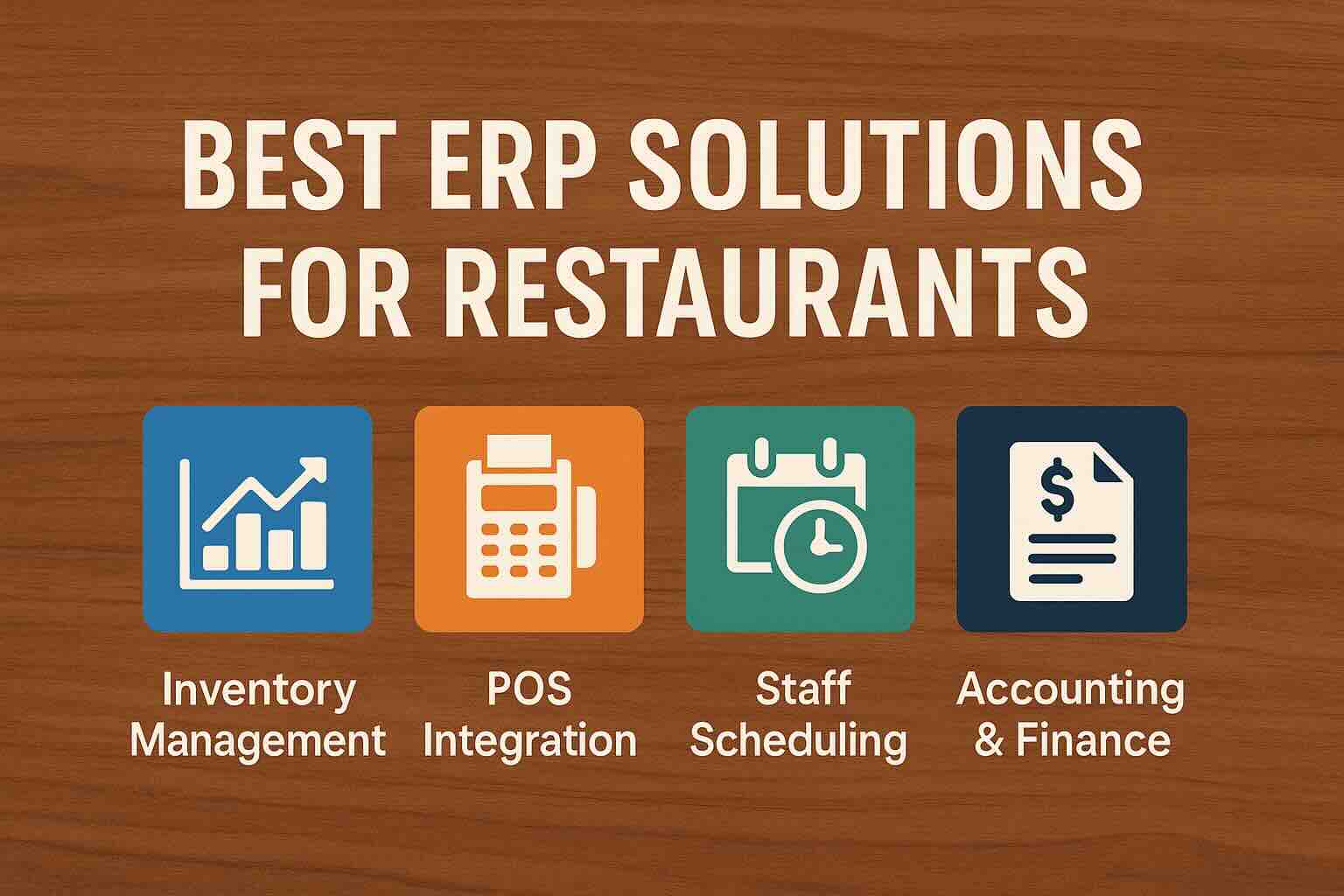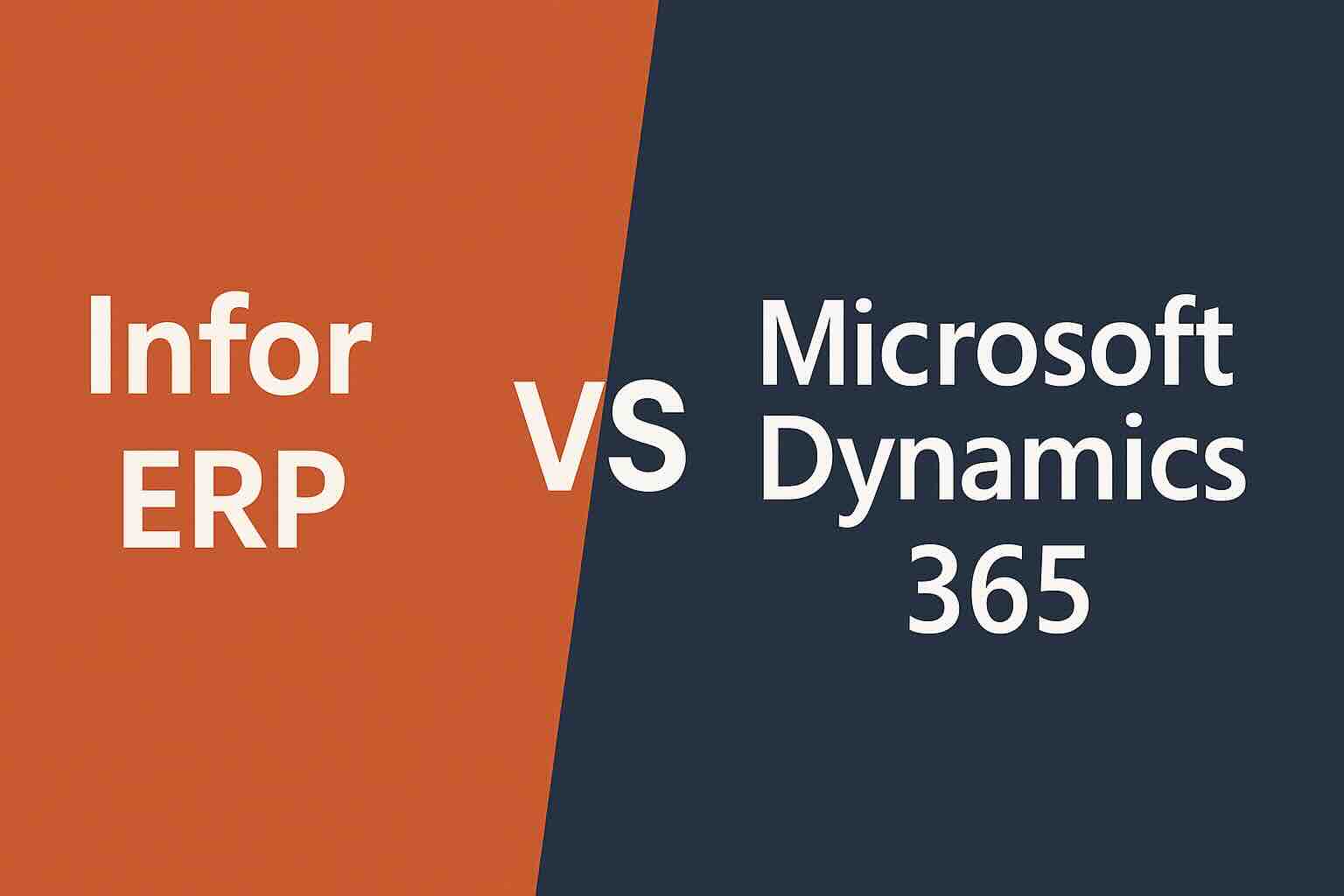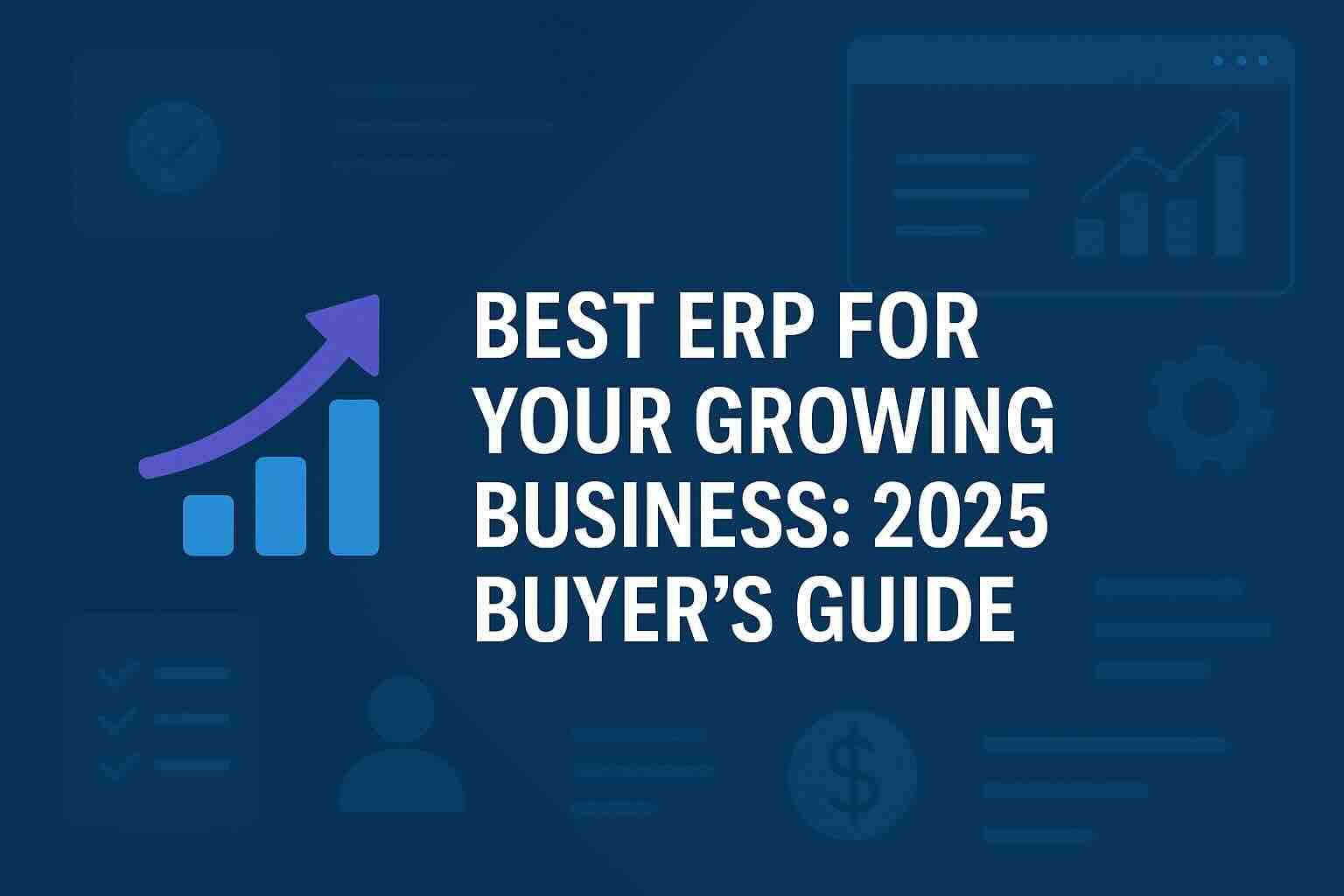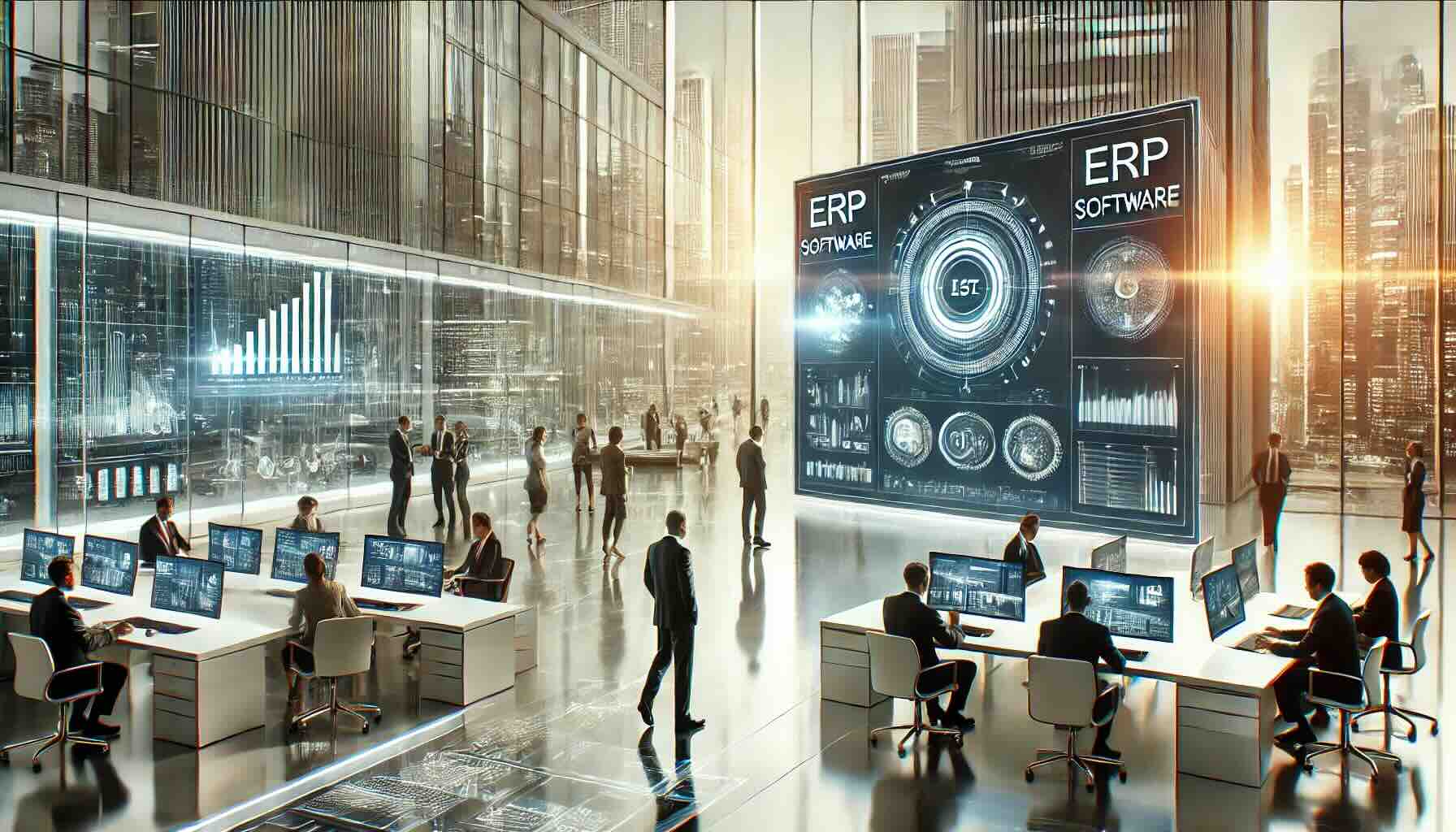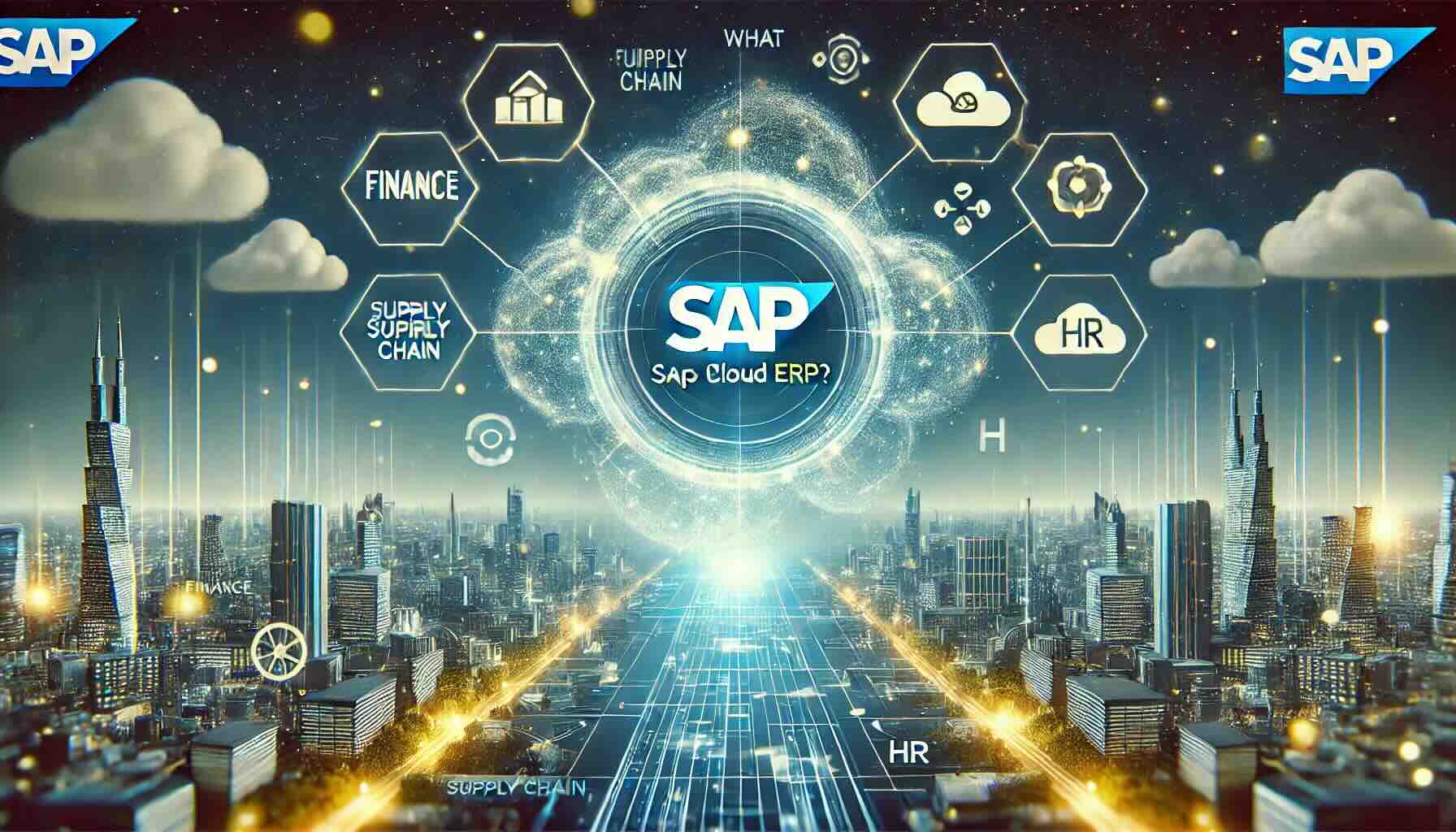How to Compare ERP
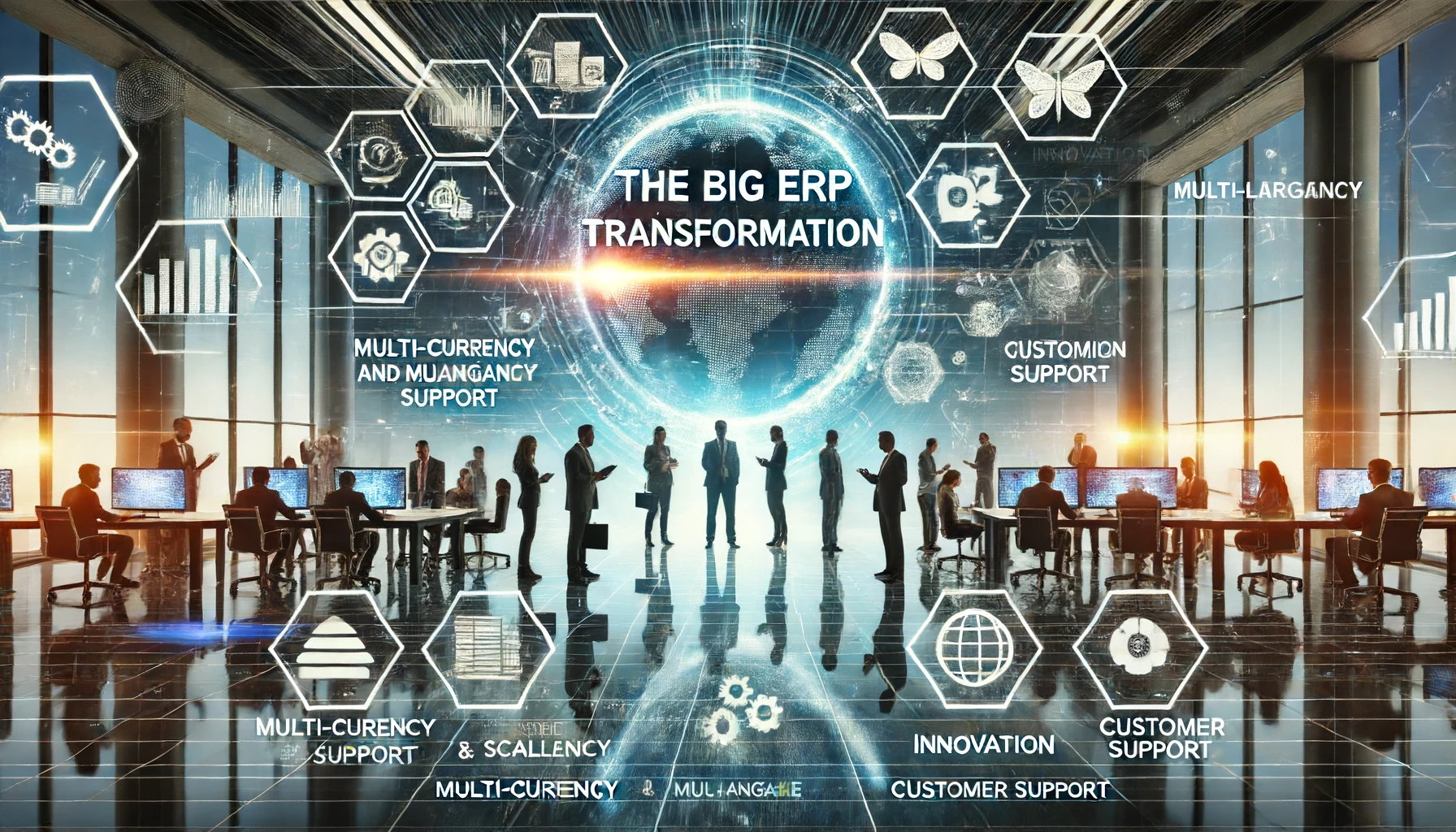
The Big ERP Transformation
The ERP landscape has transformed significantly over the last decade and business leaders looking to compare ERP need a new set of tools to accurately evaluate their options. As businesses evolve to meet the challenges of a globalized market, the tools they use must also adapt. In 2024, ERP systems are not just about features and functions; they’re about finding a solution that aligns with a company’s unique needs and growth aspirations.
Historically, ERP systems were compared based on their features – some systems excelled in specific areas while others lagged behind. This often made the selection process somewhat straightforward: choose the ERP with the best features in the areas most critical to your business. However, as the ERP market has matured, the differences in features among leading systems have become less pronounced – nearly all ERP systems offer robust functionalities that cover the spectrum of business needs. This shift has necessitated a new approach to selecting an ERP system – one that allows business leaders to compare ERP based on the less obvious attributes of both the solution and the publisher.
The Shift from Features to Strategic Fit – a new way to compare ERP
It is crucial for businesses to consider the “latent characteristics” of both the ERP solution and the vendor. These characteristics include factors such as the vendor’s industry expertise, their commitment to innovation, the scalability of the solution, and the quality of customer support. These are not immediately apparent through a standard features list but are critical to the long-term success and adaptability of the ERP system within your business.
When comparing ERP systems, businesses should consider how well the solution aligns with their strategic objectives. For instance, a company looking to expand globally should prioritize ERP systems that offer multi-currency and multi-language support and have a proven track record of successful implementations across various regulatory landscapes.
The Foundational ERP Priorities
To guide businesses in their ERP selection process, it’s essential to focus on foundational ‘ERP Priorities‘ that determine the success of an ERP implementation. These priorities serve as a lens through which potential ERP solutions should be evaluated.
Selecting an ERP system requires a nuanced approach that goes beyond comparing lists of features. By focusing on the strategic alignment of the ERP system with your business’s core priorities and needs, and considering the broader characteristics of the vendor and their product, you can make a more informed decision that will support your growth and operational goals for years to come. This shift in perspective is vital in a world where all ERP systems are robust – but not all are the right fit for every business.
After all, the reasons for choosing a new ERP system will be as unique as the business itself.
To find out how to accurately Compare ERP, using the world’s only AI comparison engine, visit us at Compare ERP.

